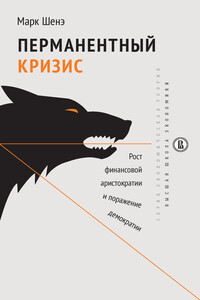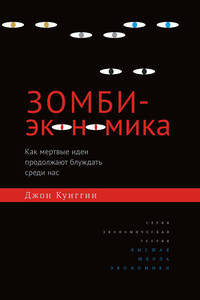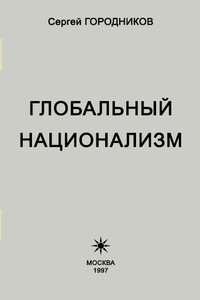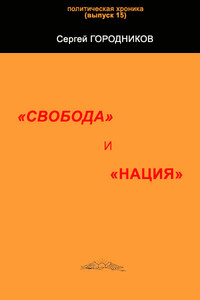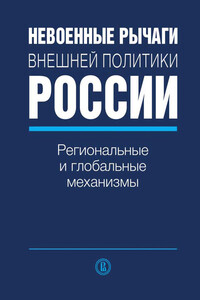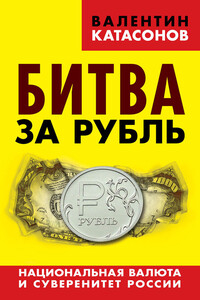Porter Michael. The Competitive Advantage of Nations, Free Press, New York, 1990
[Putumayo Affair] Report by His Majesty’s Consul at Iquitos on his Tour in the Putumayo district, Presented to both Houses of Parliament by Command of His Majesty, His Majesty’s Stationery Office, London, 1913.
Quesnay François. Traité des Effets et de l’Usage de la Saignée, d’Houry, Paris, 1750.
Rae John. Statement of Some New Principles on the Subject of Political Economy, Exposing the Fallacies of the System of Free Trade, and of Some Other Doctrines Maintained in the ‘Wealth of Nations’, Hilliard, Gray & Co., Boston, 1834.
Raymond Daniel. Thoughts on Political Economy, Fielding Lucas, Baltimore, 1820.
Reder Melvin. Economics. The Culture of a Controversial Science, University of Chicago Press, Chicago, 1999.
Reinert Erik. International Trade and the Economic Mechanisms of Underdevelopment, Ph. D. thesis, Cornell University, 1980.
Reinert Erik. ‘Catching-up From Way Behind — A Third World Perspective on First World History’ in Jan Fagerberg, Bart Verspagen and Nick von Tunzelmann (eds), The Dynamics of Technology, Trade, and Growth, Edward Elgar, Aldershot, 1994, p. 168–197.
Reinert Erik. ‘Competitiveness and Its Predecessors — a 500-Year Cross-National Perspective’ in Structural Change and Economic Dynamics, 1995, vol. 6, p. 23–42.
Reinert Erik. ‘The Role of Technology in the Creation of Rich and Poor Nations: Underdevelopment in a Schumpeterian System’ in Derek H. Aldcroft and Ross Catterall (eds), Rich Nations — Poor Nations. The Long Run Perspective, Edward Elgar, Aldershot, 1996, p. 161–188.
Reinert Erik. ‘Diminishing Returns and Economic Sustainability: The Dilemma of Resource-Based Economies Under a Free Trade Regime’ in Stein Hansen, Jan Hesselberg and Helge Hveem (eds), International Trade Regulation, National Development Strategies and the Environment: Towards Sustainable Development? Centre for Development and the Environment, University of Oslo, Oslo, 1996, p. 119–150.
Reinert Erik. ‘Raw Materials in the History of Economic Policy; or, Why List (the Protectionist) and Cobden (the Free Trader) Both Agreed on Free Trade in Corn’ in Gary Cook (ed.), The Economics and Politics of International Trade. Freedom and Trade, vol. II, Routledge, London, 1998, p. 275–300.
Reinert Erik. ‘The Role of the State in Economic Growth’ in Journal of Economic Studies, 26 (4/5), 1999, p. 268–326. A shorter version can be found in Pier Angelo Toninelli (ed.), The Rise and Fall of State-Owned Enterprises in the Western World, Cambridge University Press, Cambridge, 2000, p. 73–99.
Reinert Erik. ‘Karl Bücher and the Geographical Dimensions of Techno-Economic Change’ in Jürgen Backhaus (ed.), Karl Bücher: Theory — History — Anthropology— Non-Market Economies, p. 177–222, Metropolis, Marburg, 2000.
Reinert Erik. ‘Full Circle: Economics from Scholasticism through Innovation and back into Mathematical Scholasticism’ in Journal of Economic Studies, 2000, vol. 27, no. 4/5, p. 364–376.
Reinert Erik. ‘Schumpeter in the Context of Two Canons of Economic Thought’ in industry and Innovation, 2002, vol. 6, no. 1, p. 23–39.
Reinert Erik. ‘Increasing Poverty in a Globalised World: Marshall Plans and Morgenthau Plans as Mechanisms of Polarisation of World Incomes’ in Ha-Joon Chang (ed.), Rethinking Economic Development, Anthem, London, 2003, p. 453–478.
Reinert Erik. ‘Globalisation in the Periphery as a Morgenthau Plan: The Underdevelopment of Mongolia in the 1990s’ in ErikS. Reinert (ed.), Globalization, Economic Development and Inequality: An Alternative Perspective, Edward Elgar, Cheltenham, 2004, p. 115–156.
Reinert Erik. ‘Benchmarking Success: The Dutch Republic (1500–1750) as seen by Contemporary European Economists’ in How Rich Nations got Rich. Essays in the History of Economic Policy, Working Paper No. 1, SUM-Centre for Development and the Environment, University of Oslo, 2004, p. 1–24; also at http://www.sum.uio.no/publications; and in Oscar Gelderblom (ed.), The Political Economy of the Dutch Republic, Ashgate, Aldershot, forthcoming 2007.

